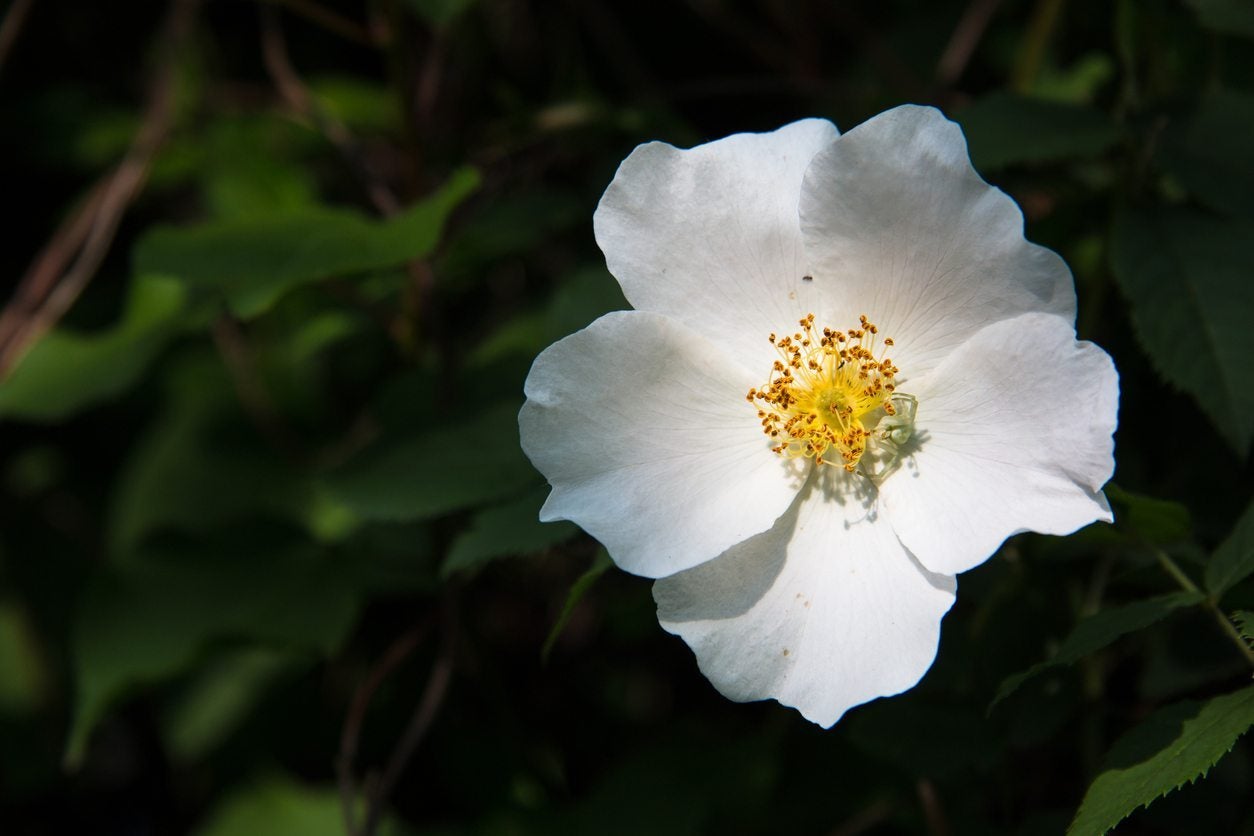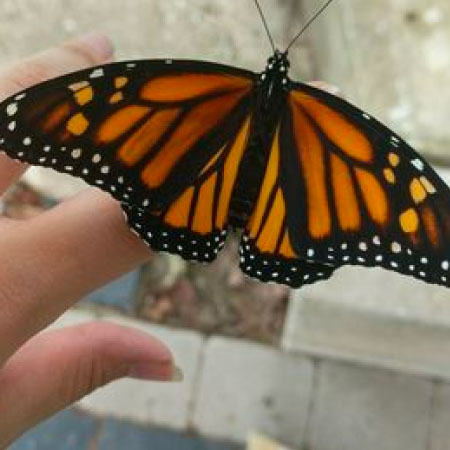What Is Cherokee Rose – Should You Grow Cherokee Rose Plants


Sign up for the Gardening Know How newsletter today and receive a free copy of our e-book "How to Grow Delicious Tomatoes".
You are now subscribed
Your newsletter sign-up was successful
Rambling wild throughout the southeastern United States, the Cherokee rose (Rosa laevigata) got its common name from its association with the Cherokee tribe. Growing wild along the path the Cherokee people took to the Oklahoma territory during the 1838 Trail of Tears, the white flowers of the Cherokee rose were said to represent the tears of the Cherokee people who were driven out of their homelands. Still a common sight in the south, Cherokee rose is an easy-to-grow plant. Continue reading for more Cherokee rose info.
What is a Cherokee Rose?
Though it is actually native to China, Taiwan, Laos, and Vietnam, Cherokee rose plants have naturalized in the southeastern United States. Cherokee rose is a climbing rose. In the wild, its stems can grow up to 20 feet (6 m.). In the home landscape, the plants are usually pruned to about 6 feet (2 m.) and grown as hedges. In spring they produce single white blooms with yellow stamens. The blooms may be 2 to 4 inches (5-10 cm.) in diameter and are fragrant. They bloom only once, and then the plant produces rose hips, which turn bright orange red in late summer. When non-native plants naturalize so rapidly as these plants have in the southeastern U.S., we have to question whether Cherokee rose is invasive. It is listed as an invasive species in some parts of Alabama, Georgia, Florida, and South Carolina. For this reason, before growing Cherokee rose in your garden, it is a good idea to check with your local county extension office for its invasive status in your particular location.
Cherokee Rose Care
Cherokee rose plants are hardy in zones 7 to 9, where they can be semi-evergreen to evergreen. They are deer resistant, drought tolerant when established, and tolerant of poor soil. They are also excessively thorny, which is why they are considered problematic when they naturalize in the wild. Cherokee rose tolerates part shade, but it performs best in full sun. Prune annually to maintain a bushy shape.
Sign up for the Gardening Know How newsletter today and receive a free copy of our e-book "How to Grow Delicious Tomatoes".

Darcy is a former contributor to Gardening Know How. She is a professional landscape designer and gardening writer with experience in plant sales. An avid gardener, Darcy has a passion for sharing practical tips to help others grow.